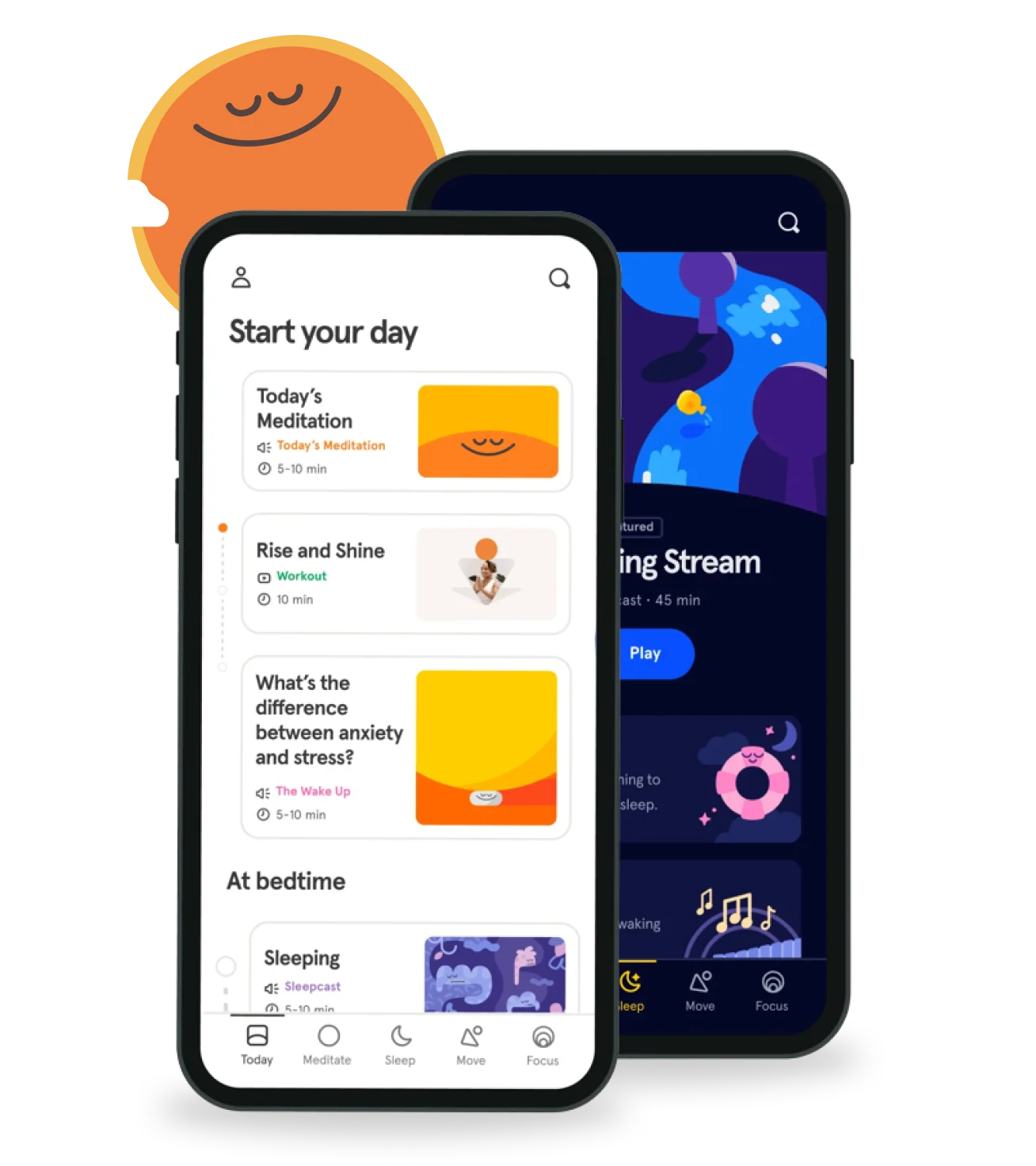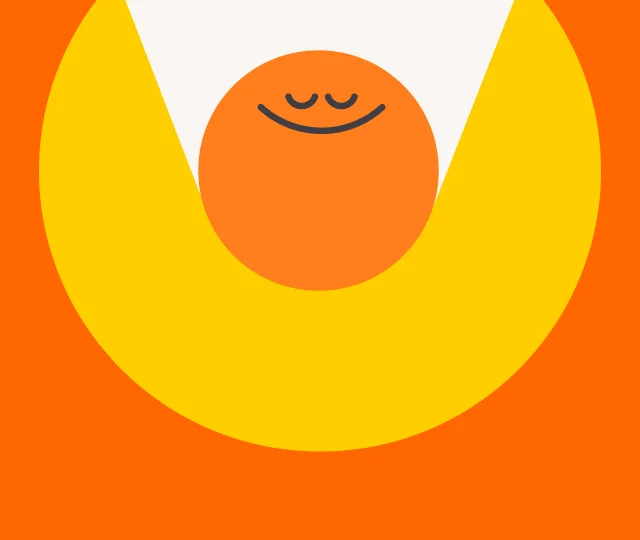Are you addicted to your phone?
Mary Sauer
A few weeks ago, I realized I wasn’t happy with my relationship with technology. I wanted to be more present with my children, but found myself distracted by the chimes and buzzes of my smartphone more often than not.
My oldest daughter starts her first year of school in the late summer and I am expecting to deliver our third child a few weeks after that. I knew how busy our lives would be in a few short months, and if I didn’t pay attention the season would slip through my fingers. Instead of enjoying my summer, I was spending too much time watching other people live their lives through the screen of my phone. My smartphone was also tethering me to my work at all times. Technology should be a useful tool to my career, but overuse was playing a role in stunting my creativity. It was too easy to become consumed with work when a client could reach me at any moment. I was jumping up to answer every vibration of my phone, hoping to nail another contract or hear back from a potential client, no matter what special moment I might have been engaging in prior. So, I took the leap—I swore to limit face-to-screen time for the summer. I deleted several apps from my phone and changed my settings to be less intrusive. And at first, it worked. I spent the first day of my break cleaning my house and playing with my children, my phone sitting idly in the corner. The second day, I spent working, and enjoyed walking through the city, observing the people around me, while my phone was on silent in the bottom of my purse.

"I couldn’t believe how much I struggled to keep myself occupied without technology at my side."

I’d hoped the third day would present me with a new lease on life, that I would officially be free from the ball and chain of endless notifications and vibrations. That wasn’t the case. By lunchtime I was bored silly, by the end of the day I was re-downloading a few apps and swearing to only check them once or twice, and by the end of the week, I was back to my old habits. I was using social media less, but still felt I was using it more than was healthy. I was checking my emails while playing with my kids, I was scrolling through Facebook while cooking dinner and distracted by Instagram while working. I couldn’t believe how much I struggled to keep myself occupied without technology at my side. Shortly after I realized I was using my smartphone to avoid boredom, I spoke with Nancy Colier, psychotherapist and author of the forthcoming book, “The Power of Off: The Mindful Way to Stay Sane in a Virtual World”. I asked her what a tech addiction looks like, and she said it mimics any other addiction. Basically, a person who knows they are overusing tech, recognizes the negative effects this habit has on their life, but does not cut back. On the other hand, a debate exists concerning whether or not addiction to technology is even possible. “The frequent use of technology fails to meet several predictions of addiction models. For example, there is no physical evidence of a withdrawal state when the person cannot access technology,” neuroscientist Dr. Nicole Prause shared with me. “The activity of reward areas indicates that learning is taking place, not that a behavior is addicting.” While disagreement exists on whether or not overuse of technology can be qualified as an addiction, both Prause and Colier offered advice for cutting back when technology gets in the way of living the life you envision for yourself.
“[It] can be as simple as others in the household or peer group reducing their use of the specific technology [and] reducing co-occurring behaviors when they can be identified, such as snacking with television,” Prause suggested. “Also, engaging in behaviors that do not allow you to engage with the technology, such as scheduled social interactions.” Colier recommends a more mindful approach: pay attention to your tech cravings and observe how you feel when you indulge or deny those cravings. Then, pay close attention to how it feels to be bored or just sit in each moment without the entertainment of technology. After our conversation, I felt more empowered to take control of my own technology use. I let go of unrealistic expectations of disconnecting entirely and, instead, have started with the small steps Prause and Colier suggested. Now, I ask my husband to pipe up when he notices I’m lost in my phone, and I make an effort to be mindful of how I feel when I am too connected and how it feels to simply sit with my family without getting online. The impulse to reach for my phone is always there, but after experiencing some success in cutting back on my time online, I feel confident I can control my use of technology instead of technology controlling my days. Spending less time looking at my phone’s screen has brought more happiness into my life. And since less of my day is spent distracted by work or social media, I have more freedom to spend my time connecting with my children face-to-face, no screens included.


Be kind to your mind
- Access the full library of 500+ meditations on everything from stress, to resilience, to compassion
- Put your mind to bed with sleep sounds, music, and wind-down exercises
- Make mindfulness a part of your daily routine with tension-releasing workouts, relaxing yoga, Focus music playlists, and more
Annual - billed at $69.99 USD/yr
14 days free
$5.83 USD/month
Monthly
7 days free
$12.99 USD/month

Meditation and mindfulness for any mind, any mood, any goal
- © 2024 Headspace Inc.
- Terms & conditions
- Privacy policy
- Consumer Health Data
- Your privacy choices
- CA Privacy Notice








